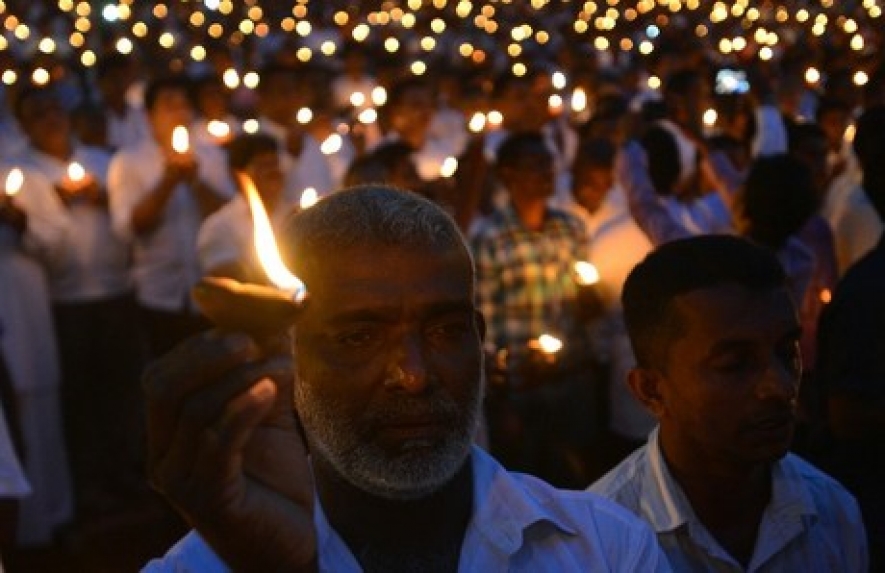The Office for Reparations Bill that will provide for the setting up of the Reparations Office was passed with amendments in Parliament on Wednesday, with 59 votes in favour and 43 against. The Bill was presented in Parliament by the Prime Minister’s office in July after it was endorsed by the Cabinet a month earlier.
Secretary General Tittawella said, “Finally, a permanent and well thought out law and order mechanism that will deliver reparations beyond mere compensation has been set up. It will bring relief to all victims and their families who have suffered as a result of Sri Lanka’s many civil conflicts.”
The new law will repeal the Rehabilitation of Persons, Properties and Industries Authority Act No 29 of 1987.The office of Reparations will consist of a Chairperson and four members appointed by the President on the recommendation of the Constitutional Council. The President has to appoint the recommended people within 14 days of receiving nominations, if not the members will be deemed to have been appointed.
“The Constitutional Council will call for public applications to select suitable candidates before making recommendations to the President,” he said.
The Supreme Court (SC) in August this year ruled that certain clauses in the Reparations Bill were inconsistent with the Constitution, hence the Bill will require a two thirds majority and a referendum unless amendments were brought in.To avoid a referendum, amendments to Sections 27 (a) and 27 (a) iii of the Bill was made as pointed out by the SC.
The Reparations Office is to be headquartered in Colombo with regional and mobile offices to help the aggrieved.Denouncing criticism levelled against the Bill, while presenting it in Parliament, Prime Minister Ranil Wickremasinghe said that the Bill is applicable to the rights of all the affected people and not limited to disappearances in the North.
According to the legislative frame work, the secretariat will consist of four members. The introduction of the Bill came with the government agreeing to a resolution at the UNHCR in October 2015 to set up four pillars of transitional justice including truth, reconciliation, and accountability for past abuses arising from the war.
Office of Reparations: Constitutional Council to call for nominations Featured
October 14, 2018
The government hopes to finalise appointing members to the Office of Reparations, a body empowered to identify eligible aggrieved people and provide reparations for all those affected by conflicts, by the end of this year, Secretary General of Secretariat for Coordinating Reconciliation Mechanisms (SCRM), Mano Tittawella said yesterday.




















